You Can't Manage What You Can't Measure (including my favorite measuring & testing resources!)1/15/2020 There’s an old business adage that says “you can’t manage what you can’t measure”. Meaning, you can’t expect to know how to improve something unless you track it’s progress (or lack thereof). It’s sort of like trying to win a game without keeping score. Now while business managers everywhere use this quote to motivate their employees, it can also be applied to the health and fitness world! Just think about it. We look at things like blood pressure and cholesterol levels to monitor our heart health as well as reps, time splits, and weight on the bar to measure our performance. Without these numbers, how would we truly know if we are progressing or regressing? I plan to spend the first few weeks of this new year sharing some of my favorite tips to making your health and wellness goals a reality in 2020! And since we are officially 1/2 way through the first month of the new year, most of us are back to our regular routine or trying to form new habits that lead to self-improvement. I am going to be kicking off talking about why measuring different variables related to your health and body are important to crushing your goals. First we will discuss why measuring can be helpful! Then I will take you through some of my favorite measuring techniques which include things like food sensitivities, hormone levels, weight, lean tissue, and bone density. I also am going to touch on when measuring might not be so helpful and providing you with creative alternatives so that you can still be successful in your health and fitness endeavors. WHY MEASURING CAN BE HELPFUL I hear a lot of my clients say they aren't going to get any testing done because they know it's going to be bad. I get it. Seeing numbers makes your status a reality and sometimes that reality is a harsh one. But listen up, I see this OVER and OVER and OVER again...when you see the results, even if you are disappointed in them, you will be motivated to change them! Don't avoid testing until you think the results are going to look good. Getting over the fear of measuring our health and/or body status can be helpful because it is a proactive vs reactive approach to your goals whether they are health, body, or performance oriented! And at the end of the day, you won’t be able to improve when you don’t know where you are starting from! Measuring can also be helpful because it goes beyond weight, and our health status is definitely more than our mass! Sure, stepping on the scale is easy and FREE (after purchase of said scale) but the number we see does not give us the full picture! Using various testing we are able to get deeper and understand more about our actual health status in the moment which will allow us to formulate a plan to move forward with! Testing or measuring can also be used to make sure we are not over doing it! This is particularly important for the athletes out there. As an athlete you already have the drive to push your body beyond its comfort zone. Yes that can make you stronger and faster, if done right. But it can also lead to burn out and loss of progress! Regular testing or measuring can help you utilize your rest and recovery periods so that you can train smarter and not necessarily harder than your body is equipped to do so! SOME OF MY FAVORITE MEASURING AND TESTING OPTIONS Now that you have an idea of why measuring and testing can be a great idea, let’s talk about a few of my favorite options! First up is the DEXA Scan. For everyone, but especially athletes, I am a HUGE fan of DEXA scans. DEXA stands for dual-energy X-ray absorptiometry. The most common reason a DEXA is used is to scan bone density but it is also used to measure other markers such as lean tissue, body fat, visceral fat, resting metabolic rate (RMR), and muscle imbalances. In fact, it is considered to be a more accurate measurement of body fat percentage than any other option available coming in at an incredibly low 1-2% margin of error. When you utilize the DEXA, you are better able to understand whether changes in weight are attributed to fat, muscle, or bone! This can allow you to formulate the best nutrition plan for before, during, or after workouts and competitions/meets/races, etc. It also gives you information to create a workout plan that is tailored to your specific goals whether they are to lose fat, gain muscle, or both . Many large cities have mobile DEXA trucks that will offer a scan for around $55. Another of my favorites is at-home blood glucose testing. And yes, again this can be incredible information for athletes! Blood glucose (aka - blood sugar) imbalances don’t only affect the unfit or obese. It is a problem that many of us so-called “healthy” athletes deal with. Exercise and training does increase insulin sensitivity, which is a good thing because this means our cells are responding to insulin and allowing glucose in for conversion to energy. However, it has been shown that despite this fact, athletes actually suffer from hyperglycemia (aka - high blood glucose levels) due to their high energy expenditure which leads to the release of cortisol, which floods our blood with more glucose and puts them at higher risk of metabolic issues like diabetes. Couple that with the recommendation to eat more carbs in the post workout period and you are setting yourself up for chronic high blood sugar and the issues that come with it! It is important to note that carbohydrates tolerance differs across individuals so some athletes may be better equipped to handle more carbohydrates than others! But this just leads me back to my point that using an at-home blood glucose monitor can allow you to see how your blood sugar levels are fluctuating so that you can respond with an appropriate training and nutrition plan! The last form of testing I want to highlight is salivary hormone testing. This is one I feel strongly about, especially for women between 30-50 years old. As all females are aware, we go through a cycle each month where our hormones fluctuate. These hormones have a direct effect on our energy, hunger, and mood, just to name a few. Utilizing hormone testing can allow us to check in on whether or not our hormone cycle is normal and the more we know about how our hormones are working, the more we can use that to our athletic performance advantage. Also, training can negatively impact our hormones if we over do it. Unless you are a professional athlete who relies on high performance to make an income, most of us are training to be healthier! The last thing you want is to wreck your hormones in the name of fitness. And, unfortunately, too many of us are unknowingly doing this. If you wanted to, you could get your hormones checked via blood test but those results aren’t able to tell you what portion of your hormones produced are actually being used by your body (aka - unbound or free hormones). Salivary hormone testing is more comprehensive in that it looks at “free” hormone levels which allows you to better understand what is happening in your body. The better you understand what your hormones are doing, especially in response to your training frequency and intensity, the better equipped you will be to design the appropriate diet, supplement, and lifestyle plan for yourself! WHEN MEASURING OR TESTING IS OUT OF REACH Hopefully at this point you are starting to understand why I feel strongly about using various measuring and testing techniques to help you hit your health and fitness goals and monitor your progress. But I would be naive to expect everyone out there to have the resources necessary to get the testing done. While the DEXA scan is relatively affordable, many other options can easily cost you several hundreds of dollars. So even if you are able to get it done once, you may not be able to use it as a monitoring tool over time. Also, it is important to point out that for some people, measuring body composition may backfire. Instead of empowering you to use the information to change your diet and exercise routine, you may become overly obsessed or tie the numbers to your self-worth! Although the numbers may be important, they are by no means a measure of your self-worth and so there are other ways to monitor your progress that I am going to share next. CREATIVE ALTERNATIVES For those of you who want to continuously do self check-ins to monitor your symptoms but do not have the resources necessary to run a blood or saliva test every three months, a Medical Symptom Questionnaire (MSQ) may be your best option. An MSQ is an objective form that you can complete every 30 days to three months and allows you to get an idea of what your underlying issues may be as well as track improvements you are experiencing. Despite many of us being aware of how we feel, we often don’t take time to connect the dots and a form like this can do just that for you allowing you to forgo constant blood testing. (Want your own MSQ? Click here to download! Use this form whenever you want to do a self check-in!) Keeping a food journal is an enlightening habit, even for those of us who believe we eat healthy! You don’t know how many clients I have who have said “I have a great diet” and then, after keeping a 3-5 day journal, realize they have more bad habits than they were aware of! Besides gaining awareness of your own behaviors, you can also learn so much about how your body responds to your diet (both physically and mentally) with a food journal if you make notes of mood, energy, brain fog, etc. Utilizing a food journal in this way can be a wonderful alternative to frequent food sensitivities testing. For my female readers, tracking your basal body temperature (BBT) is another inexpensive tool that can help you get more in-sync with your cycle if you are unable to obtain a salivary hormone test. A fabulous resource to learn more about your cycle is the book “Taking Charge of Your Fertility” by Toni Weschler. In it you can learn how to track your BBT as well as other signs and symptoms that allow you to learn what your body is doing through each phase of your cycle! One last option to leave you with is purchasing a fitness tracker such as a fitbit that can monitor your steps, heart rate, and sleep habits! Although this does require an investment, it is a one time cost vs the recurring cost of testing over time to monitor your health and fitness status. INTERESTED IN LEARNING MORE?
If you’ve gotten to this point and testing is something that interests you, I offer a variety of testing options in my nutrition practice including comprehensive hormone testing, comprehensive blood testing (to look at markers like iron, Vitamin D, and metabolic panels), food sensitivity testing, and organic acid testing (OAT). I am happy to hop on a FREE discovery call to help you figure out which test would be the best option for you as well as discuss how I can best help you utilize the results so that you can achieve all of your health and fitness goals this year! Click here to schedule your FREE call today! Also, stay tuned for other tips on staying committed to your 2020 goals past the first quarter in upcoming blogs! To get you excited, here are some topics I will be diving into:
If you have other ways of measuring your progress that you want to share with me, leave me a post in the comments. I'd love to hear about them! Thanks for reading! REFERENCES 1. https://www.medicalnewstoday.com/articles/324553.php#purpose 2. https://www.dexafit.com/services/dexa-scan 3. https://www.dexafit.com/blog2/athletes-and-body-composition-but-important-for-everyone 4. https://www.ncbi.nlm.nih.gov/pmc/articles/PMC5094325/pdf/10.1177_1932296816648344.pdf 5. https://www.greatplainslaboratory.com/hormones
0 Comments
Leave a Reply. |
AuthorTiana Rockwell is a certified nutritional therapist, avid endurance athlete and dark chocolate lover. She believes that by eating REAL food, we can balance our body and reach optimal health and wellness! Archives
May 2022
Categories
All
|

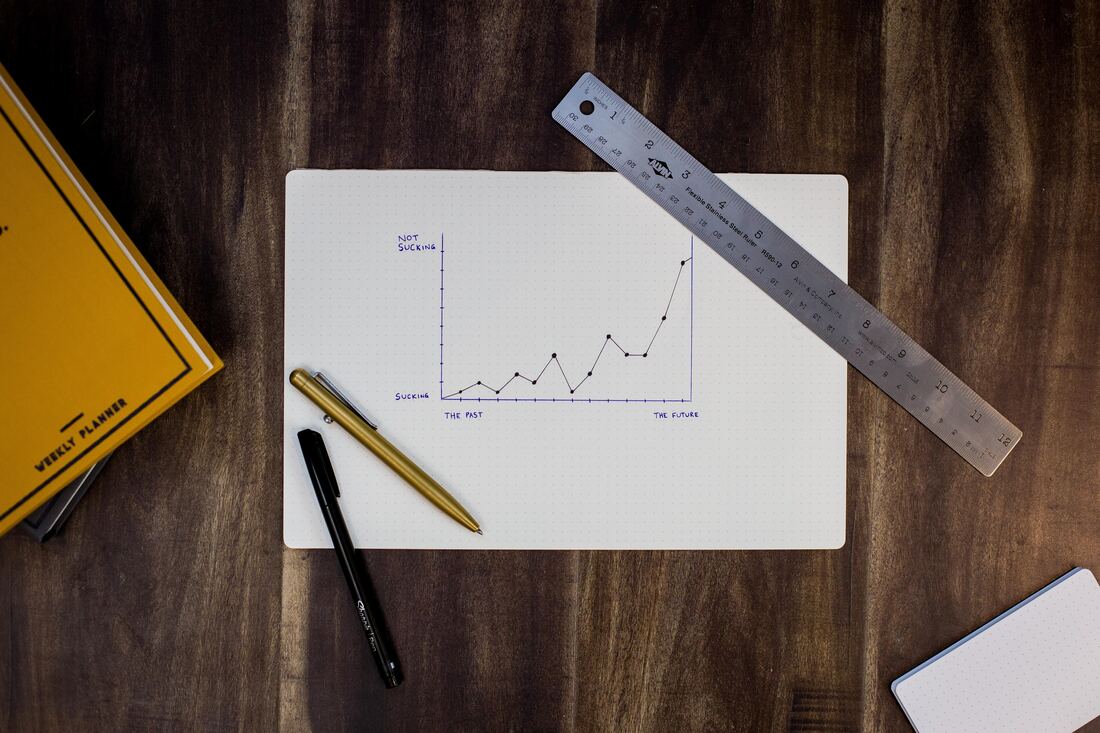
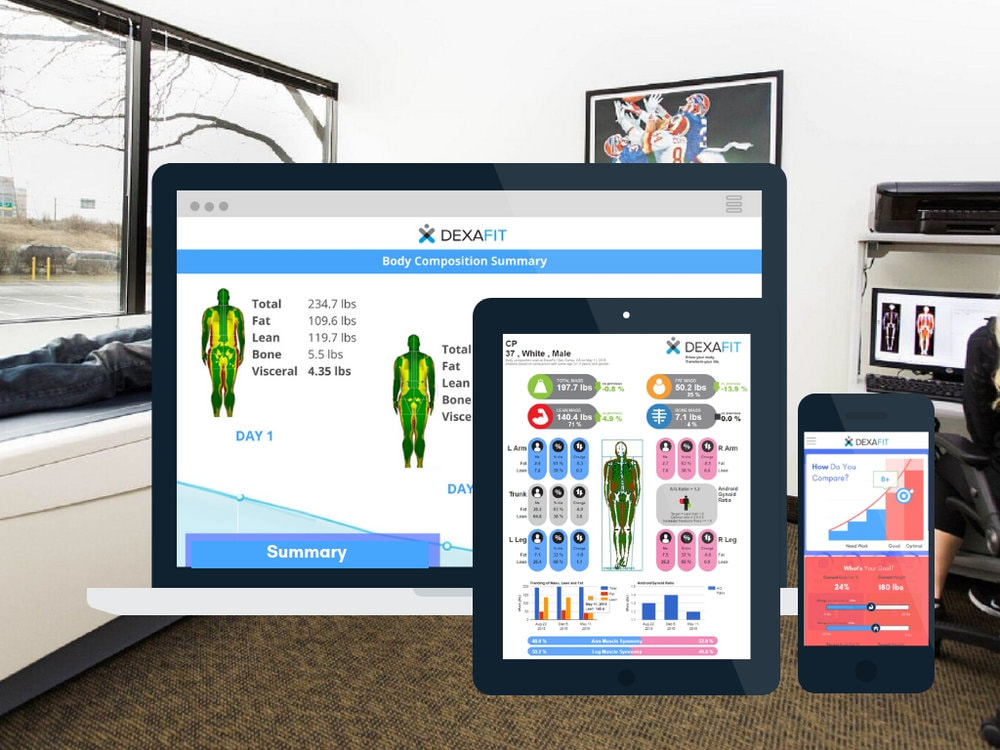
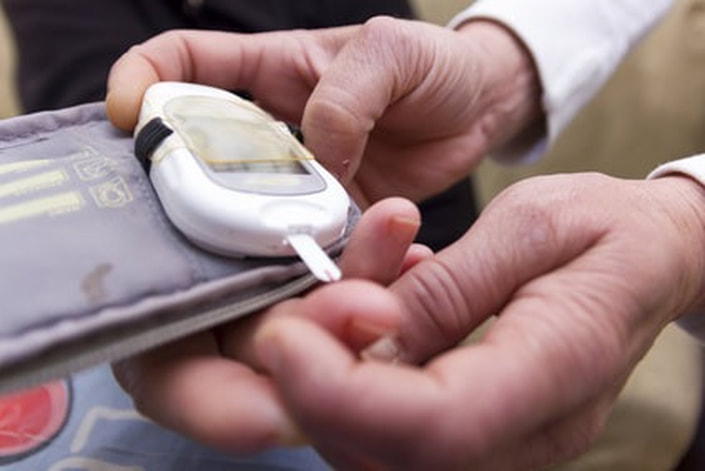
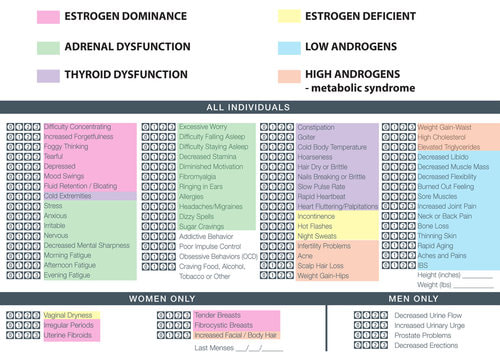

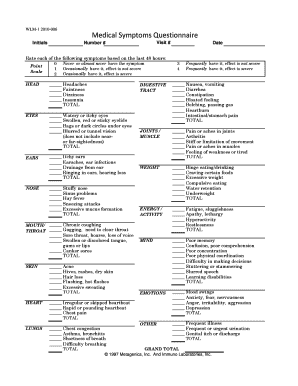

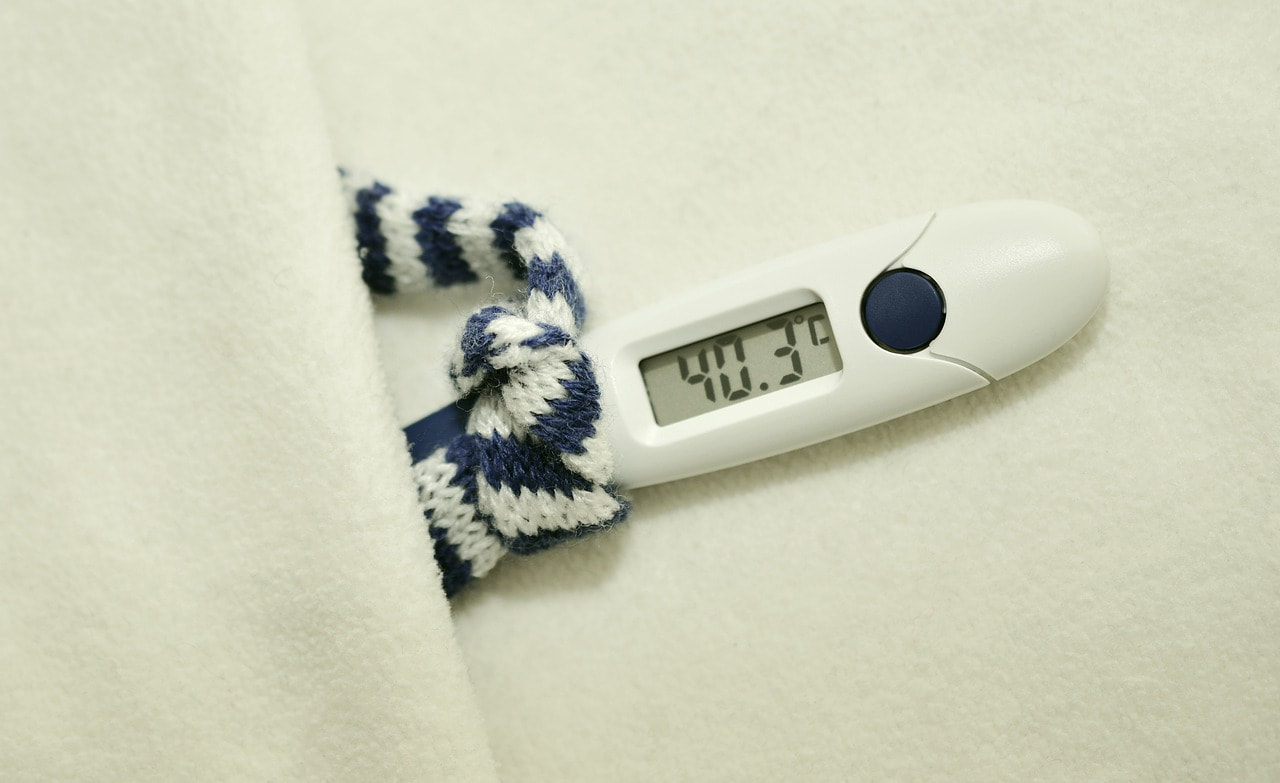
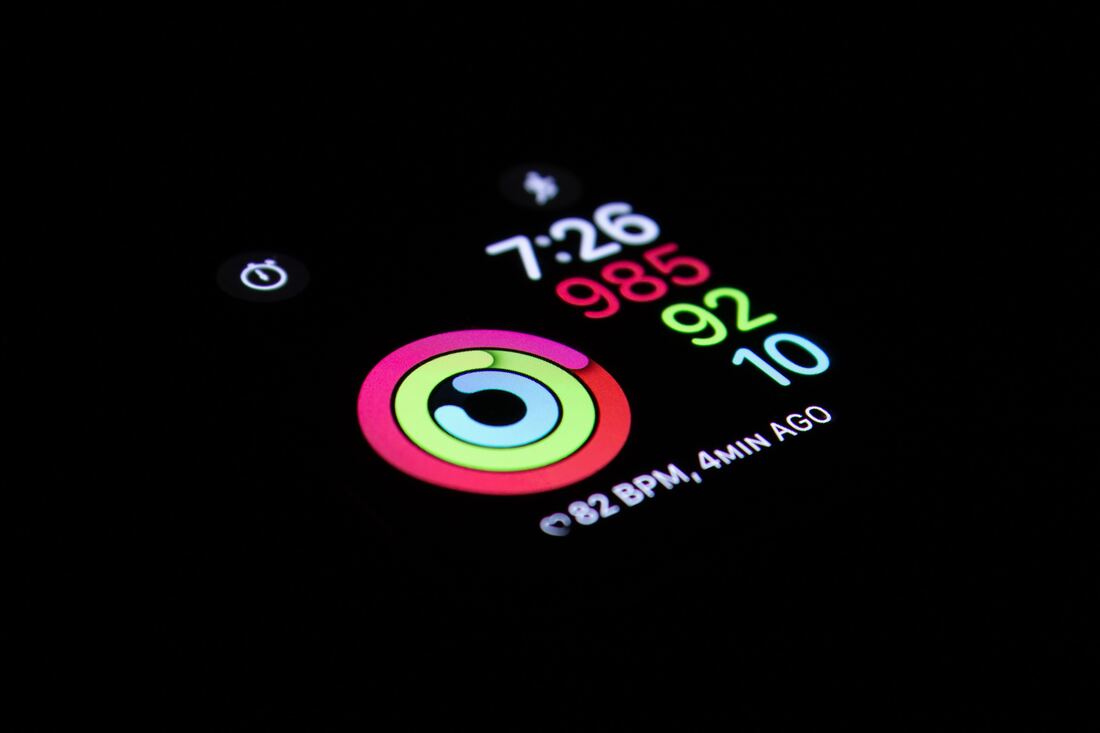

 RSS Feed
RSS Feed